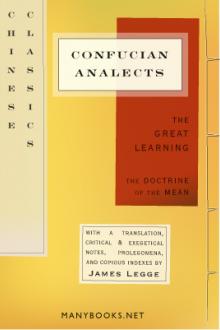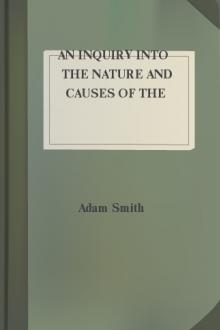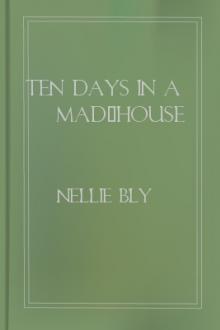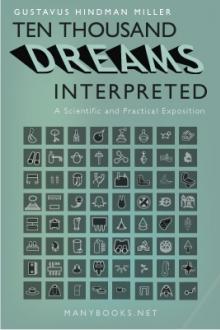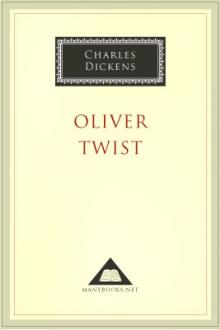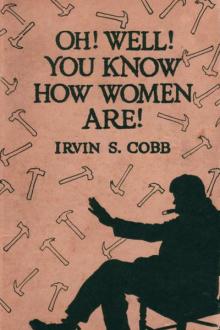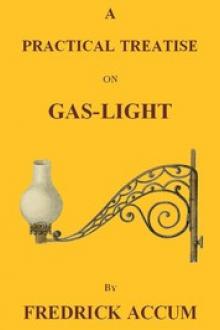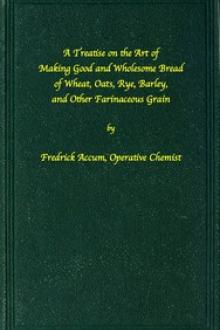A Treatise on Adulterations of Food, and Culinary Poisons
A Treatise on Adulterations of Food, and Culinary Poisons
Exhibiting the Fraudulent Sophistications of Bread, Beer, Wine, Spiritous Liquors, Tea, Coffee, Cream, Confectionery, Vinegar, Mustard, Pepper, Cheese, Olive Oil, Pickles, and Other Articles Employed in Domestic Economy
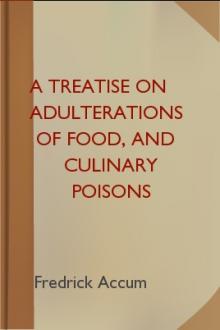
Published:
1820
Pages:
0
Downloads:
1,316
Share This
A Treatise on Adulterations of Food, and Culinary Poisons
Exhibiting the Fraudulent Sophistications of Bread, Beer, Wine, Spiritous Liquors, Tea, Coffee, Cream, Confectionery, Vinegar, Mustard, Pepper, Cheese, Olive Oil, Pickles, and Other Articles Employed in Domestic Economy
Book Excerpt
the division of labour which has been so instrumental in bringing the manufactures of this country to their present flourishing state, should have also tended to conceal and facilitate the fraudulent practices in question; and that from a correspondent ramification of commerce into a multitude of distinct branches, particularly in the metropolis and the large towns of the empire, the traffic in adulterated commodities should find its way through so many circuitous channels, as to defy the most scrutinising endeavour to trace it to its source.
It is not less lamentable that the extensive application of chemistry to the useful purposes of life, should have been perverted into an auxiliary to this nefarious traffic. But, happily for the science, it may, without difficulty, be converted into a means of detecting the abuse; to effect which, very little chemical skill is required; and the course to be pursued forms the object of the following pages.
The baker asserts that he does not put alum into bre
Editor's choice
(view all)Popular books in Non-fiction
Readers reviews
2.0
LoginSign up
I only read the first two chapters (25% of the book.) It is exactly what the title says it is--a scientific and social analysis of the stuff that was put in food, medicine, and water in 1820s England, along with numerous experiments to test for adulterations.
The experiments might be useful except that the common naming of chemical compounds used today was NOT being used back then. Some terms, such as quicksilver are easy enough to figure out, but others (sulphuretted hydrogen, magnesia, sulphuretted chyazate of potash) are harder to translate into modern chemistry.
Probably of limited usefulness, though the language is wonderful in places.
The experiments might be useful except that the common naming of chemical compounds used today was NOT being used back then. Some terms, such as quicksilver are easy enough to figure out, but others (sulphuretted hydrogen, magnesia, sulphuretted chyazate of potash) are harder to translate into modern chemistry.
Probably of limited usefulness, though the language is wonderful in places.
- Upvote (0)
- Downvote (0)
 Free Download
Free Download















